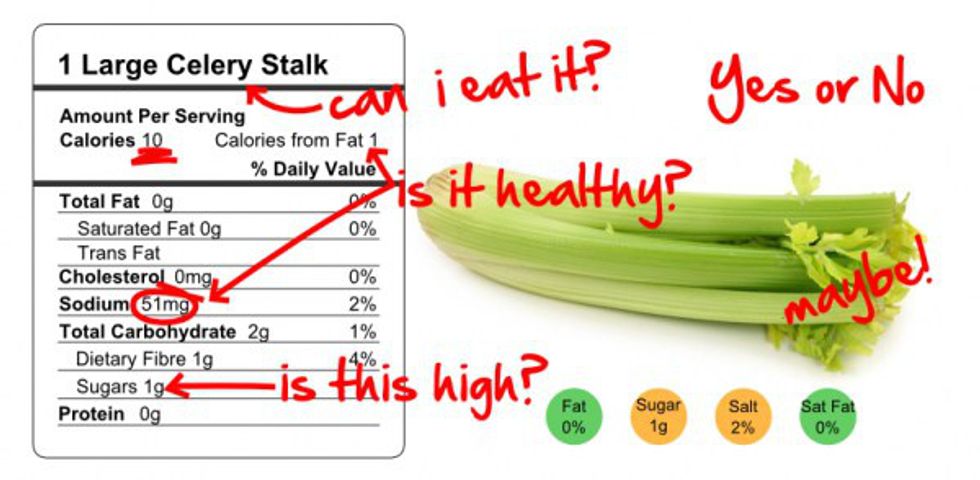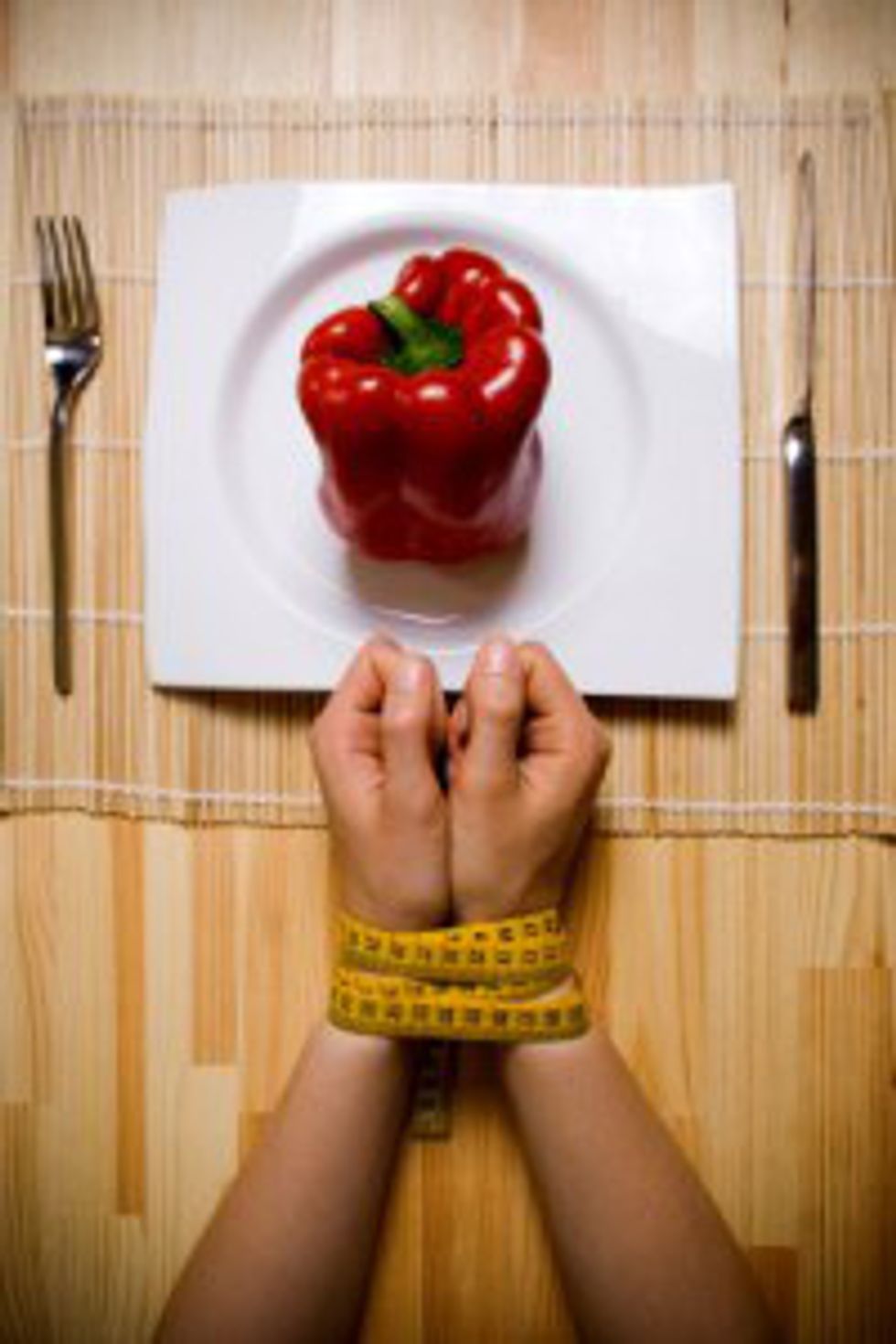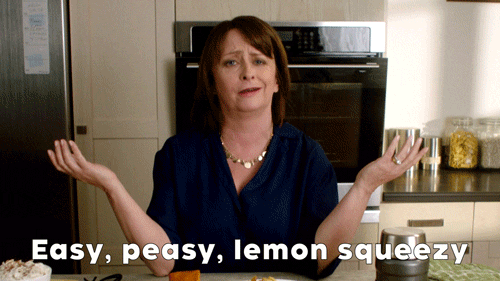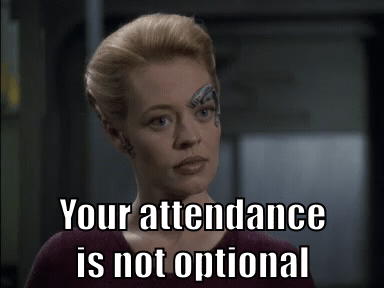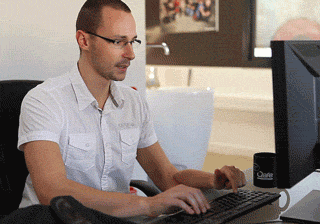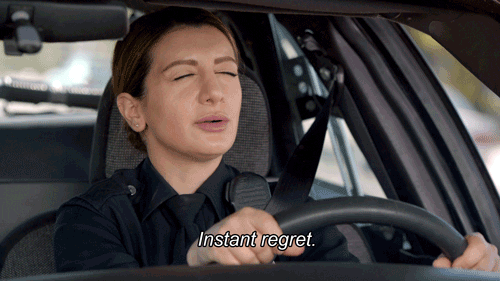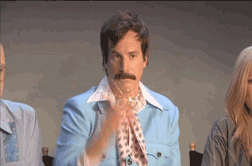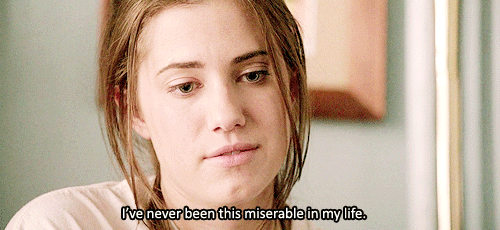As Thanksgiving preparations are being made for the feast that families across the United States are making and are rejoicing about, this holiday is a battle in the war of body image for men and women who struggle with eating disorders. The dinner table filled with unhealthy foods that the pilgrims "supposedly" ate (they totally had sweet potatoes with marshmallows back then) is the equivalent to standing on the edge of cliff for those who struggle with orthorexia.
What is orthorexia? Orthorexia is a fairly new term in the health world and it is an obsession with eating healthy foods that the person deems healthy. This is not to say that people should not have a healthy lifestyle, but if it gets to a point where one is obsessed with the foods they put into the body, feels anxious and guilty if they slip up, and isolates themselves, it becomes a problem that needs more awareness.
Orthorexia usually starts out as an innocent attempt to eat more healthfully, but they become more consumed on food quality, how much they eat, and how to deal with a "slip-up." Orthorexics, like bulimics and anorexics, want to control their body and weight, and it is not a choice. Logic and rationality will not work when discussing their food choices. When interacting with someone who has orthorexia, commentary like, “It won’t kill you if you eat that," is a harmful thing to say. You have to respect their choices and have patience. You can’t convince someone using logic to not feel what he or she is feeling, so try to have empathy and compassion for them.
Orthorexics use a healthy lifestyle to build their identity as well. Being the "fit" friend or the "health junkie" friend is very important to orthorexics, and when they find themselves not fitting perfectly into the mold of "healthy," it leads to anxiety, stress and sadness. This can then manifest other obsessions, such as exercising and calorie restrictions, and in long-term can be detrimental to one’s health. Often superiority comes with having a "perfect healthy lifestyle;" a single slip-up is a loss of identity with those with orthorexia. To reiterate, orthorexia is not controllable; people cannot turn it off and on when they please and is tied with self-esteem.
Going out to eat with friends becomes a battle in the war of body image for the orthorexics. If they know they are going out to eat, they will carefully plan and calculate when to work out, what to eat prior, so if they slip-up it won’t be bad, and what is safe for them to eat at the restaurants. The desire to feel safe is vital for orthorexics; it is the security blanket for food. As I previously stated, orthorexics have their own definitions of "healthy" depending on what food or diet makes them feel safe. If you’re dining with someone, and you begin to notice your friend being anxious and nervous about the food, try to empathize and avoid commentary about their meal choice. Orthorexics use a healthy lifestyle as an identity and commentary on what they eat is detrimental, instead congratulate them on their choice and discuss how that food makes them feel.
Recovery is possible for orthorexics, and it does not mean they should give up having a healthy lifestyle. Madelyn Moon, a recovered orthorexic, said “The goal is to help orthorexics let go of their need to control, obsess, and restrict so they can live intuitively.” Having intuition be reintroduced into their life will bring understanding and awareness of themselves and why they are eating and exercising in the ways they do. Intuition is the missing puzzle piece from their jigsaw puzzle of life, and it can be found again through patience and acceptance.
So as you’re preparing for your Thanksgiving festivities, take note of your friends and loved ones who seem stressed out about all of the unhealthy foods. Be there to support and listen to their feelings on this holiday that was once joyous for them. If you have friends and loved ones who struggle with eating disorders, maybe shoot out a text to them to let them know they have someone to talk to. Thanksgiving can be a high-stress day for some people, whether it’s getting the turkey done on time, or someone crippled with anxiety at the dinner table, have empathy and patience for those under stress.


